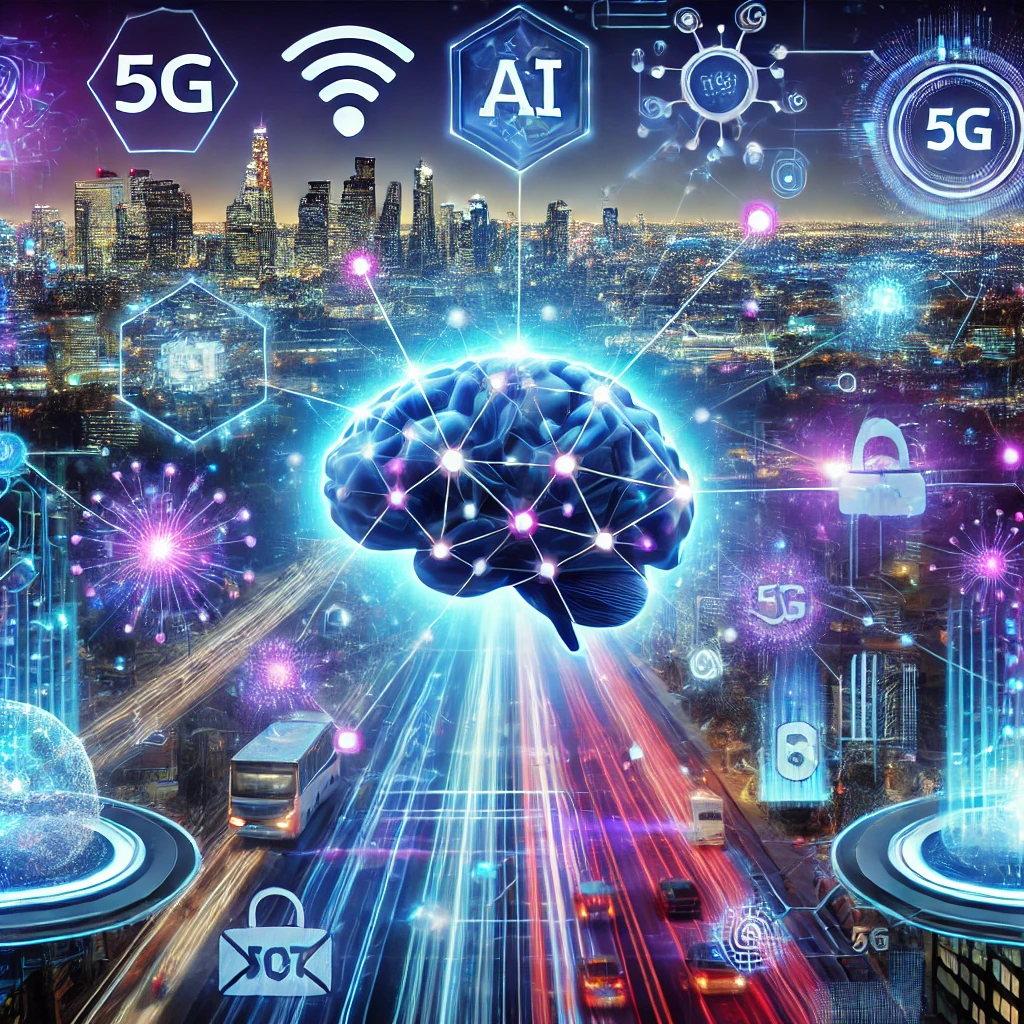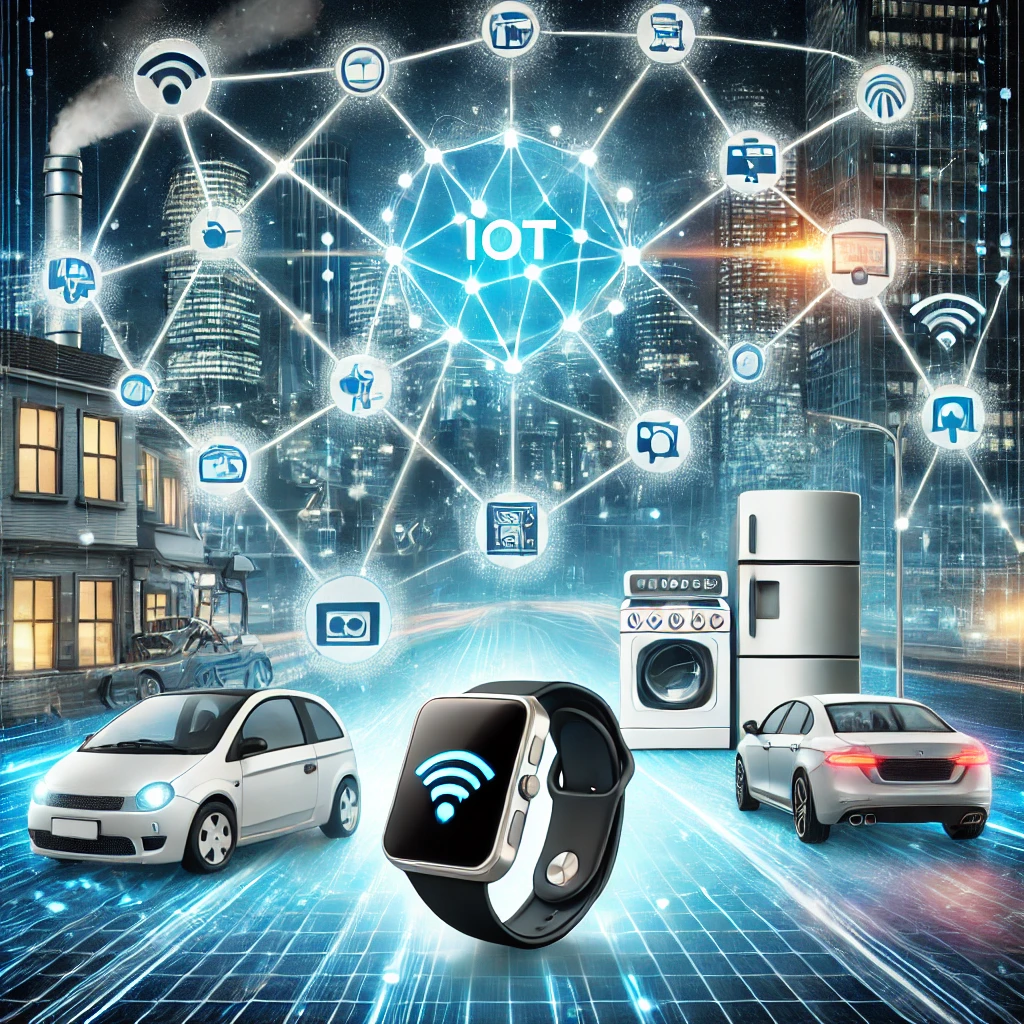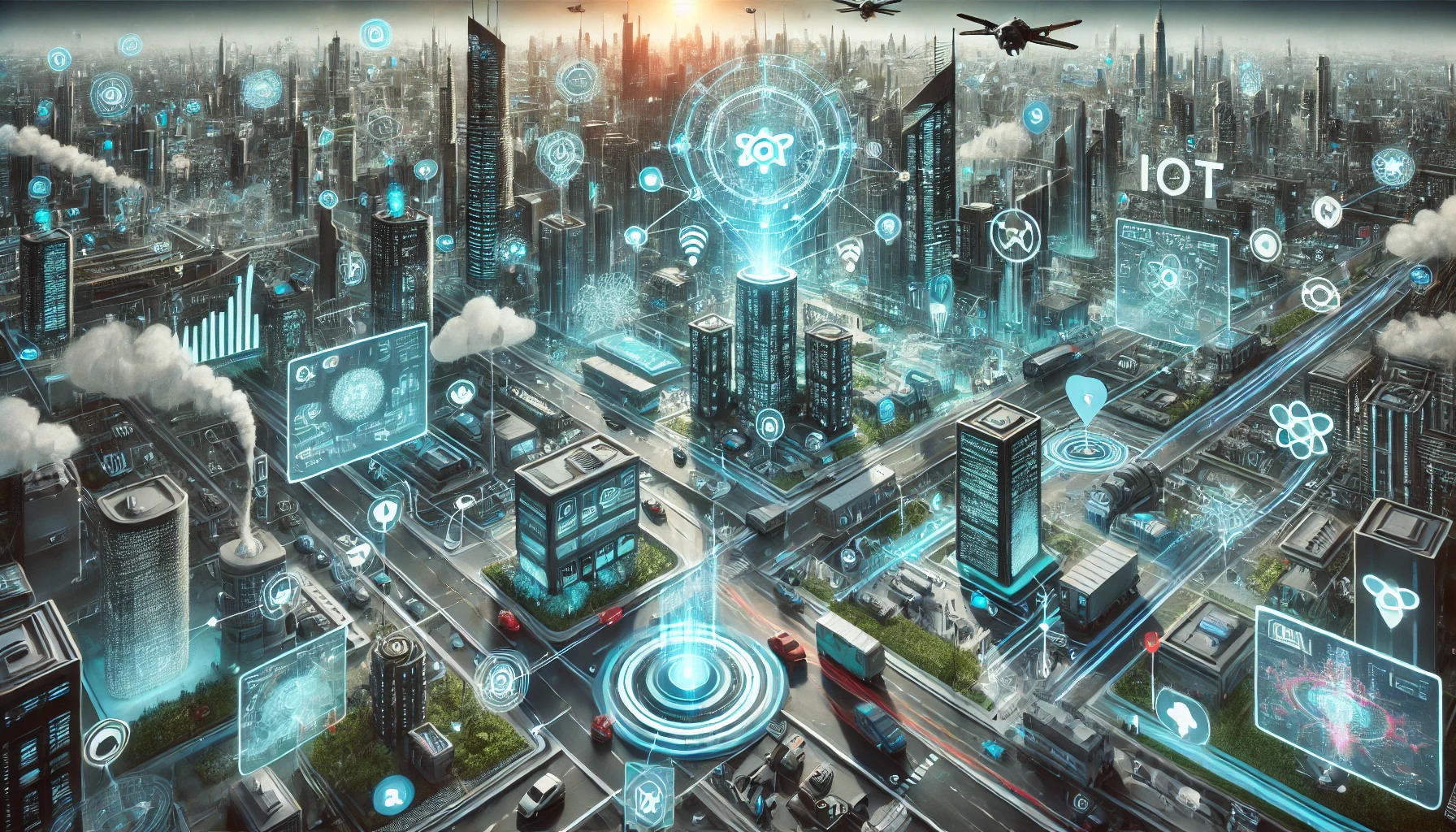The Ultimate Guide to Emerging Technologies: Trends That Will Shape the Future
Technology is moving faster than ever, and industries are changing along with it. It’s changing the way we live and work. Here, we will look at the most influential emerging technologies that shape our future, how they work, and why they matter. Be you a tech enthusiast, a business owner, or anyone curious about the digital revolution, this comprehensive overview will keep you informed and ahead of the curve.

Why Emerging Technologies Matter
Emerging technologies include AI, blockchain, and quantum computing-are the leading innovations, creating new opportunities to solve some of the global challenges. Knowing these emerging technologies is significant in offering unparalleled competitive advantages in today’s digital landscape.
Top Emerging Technologies You Should Know About
1. Artificial Intelligence (AI) and Machine Learning
What It Is: Systems that simulate human intelligence and improve through learning.
Key Applications: Chatbots, predictive analytics, and autonomous vehicles.
Future Impact: Revolutionizing healthcare, finance, and customer service.
2. Blockchain and Cryptocurrency
What It Is: Decentralized digital ledgers that secure and verify transactions.
Key Applications: Bitcoin, Ethereum, and smart contracts.
Future Impact: Enhancing security and transparency across industries.
3. Internet of Things (IoT)
What It Is: A network of interconnected devices exchanging data.
Key Applications: Smart homes, wearable technology, and industrial automation.
Future Impact: Increasing efficiency and enabling smarter decision-making.
Web of Things (IoT): Interfacing the World
The Web of Things (IoT) addresses a groundbreaking innovation that interfaces regular items to the web, empowering them to send, get, and process information. From brilliant homes to modern robotization, IoT is reshaping the way that people cooperate with their current circumstance and the gadgets around them. This article investigates the idea, applications, advantages, and difficulties of IoT.
What is IoT?

At its center, IoT alludes to an organization of actual items — or “things” — inserted with sensors, programming, and different innovations. These articles range from basic family things like indoor regulators and fridges to complex modern apparatus. The critical element of IoT gadgets is their capacity to impart and communicate with one another or concentrated frameworks over the web.
Utilizations of IoT
The expected uses of IoT length various areas, making it a significant innovation in the computerized time. A few key regions include:
Shrewd Homes:
Gadgets like shrewd indoor regulators, lights, and surveillance cameras can be controlled remotely by means of cell phones or voice colleagues.
Home computerization frameworks upgrade comfort, energy proficiency, and security.
Medical care:
Wearable gadgets like wellness trackers and smartwatches screen wellbeing measurements continuously.
IoT-empowered clinical gear upholds distant patient checking and telemedicine.
Transportation:
IoT powers savvy traffic the board, vehicle following, and independent vehicles.
Armada the board frameworks further develop strategies effectiveness and diminish costs.
Modern IoT (IIoT):
IoT sensors in manufacturing plants screen gear execution and foresee upkeep needs.
Production network the executives benefits from ongoing following and stock advancement.
Agribusiness:
IoT gadgets screen soil conditions, weather conditions, and harvest wellbeing.
Mechanized water system frameworks advance water use and improve crop yields.
Advantages of IoT
IoT offers a bunch of benefits that make it an important resource across different enterprises:
Further developed Productivity: Robotization and constant observing decrease manual exertion and functional deferrals.
Upgraded Direction: Information investigation give bits of knowledge to informed choices.
Cost Reserve funds: Prescient upkeep limits margin time and fix costs.
Personalization: IoT gadgets can adjust to client inclinations, conveying a tweaked insight.
Comfort: Controller of gadgets works on day to day undertakings.
Difficulties and Concerns
In spite of its advantages, IoT faces a few difficulties:
Security Dangers: Associated gadgets are helpless against cyberattacks, gambling with information breaks and framework disturbances.
Interoperability: Guaranteeing consistent correspondence among different IoT gadgets and stages is mind boggling.
Information Security: Gathering and handling huge measures of information raise worries about client protection.
Foundation Necessities: Dependable web availability and powerful framework are essentials for IoT.
High Beginning Expenses: Organization of IoT frameworks can include critical forthright speculations.
The Eventual fate of IoT

As innovation propels, the potential for IoT keeps on extending. Arising patterns incorporate the combination of IoT with man-made reasoning (artificial intelligence) for more astute independent direction, the ascent of edge registering to decrease dormancy, and the reception of 5G organizations for quicker information transmission. These improvements vow to open additional opportunities for IoT, making it significantly more indispensable to day to day existence and business activities.
The Web of Things is in excess of a mechanical development; it is a change in outlook that associates the physical and computerized universes. While challenges endure, the advantages of IoT in further developing productivity, accommodation, and availability are unquestionable. As IoT keeps on developing, it will assume a critical part in molding the fate of businesses and social orders the same.
4. 5G Technology
What It Is: The fifth generation of mobile networks, much faster and of lower latency.
Key Applications: Streaming, telemedicine, and autonomous driving.
Future Impact: Fully unleashing IoT and AR/VR usages in their entirety.
5. Quantum Computing
What It Is: Computation based on quantum mechanics to solve complex problems much faster.
Key Applications: Drug discovery, cryptography, and financial modeling.
Future Impact: It’s a whole new dimension in solving capabilities.
How to Keep Your Fingers on the Pulse
Follow tech blogs: sign up for sites like TechCrunch, Wired, and The Verge. Attending webinars and conferences keeps you connected with the trends in the industry. Learn continuously through online courses at Coursera and Udemy, among others.
Emerging technologies are changing the world and opening up new opportunities and challenges. Understanding these innovations will keep you ahead in your career, improve your business, and be part of the digital transformation.
